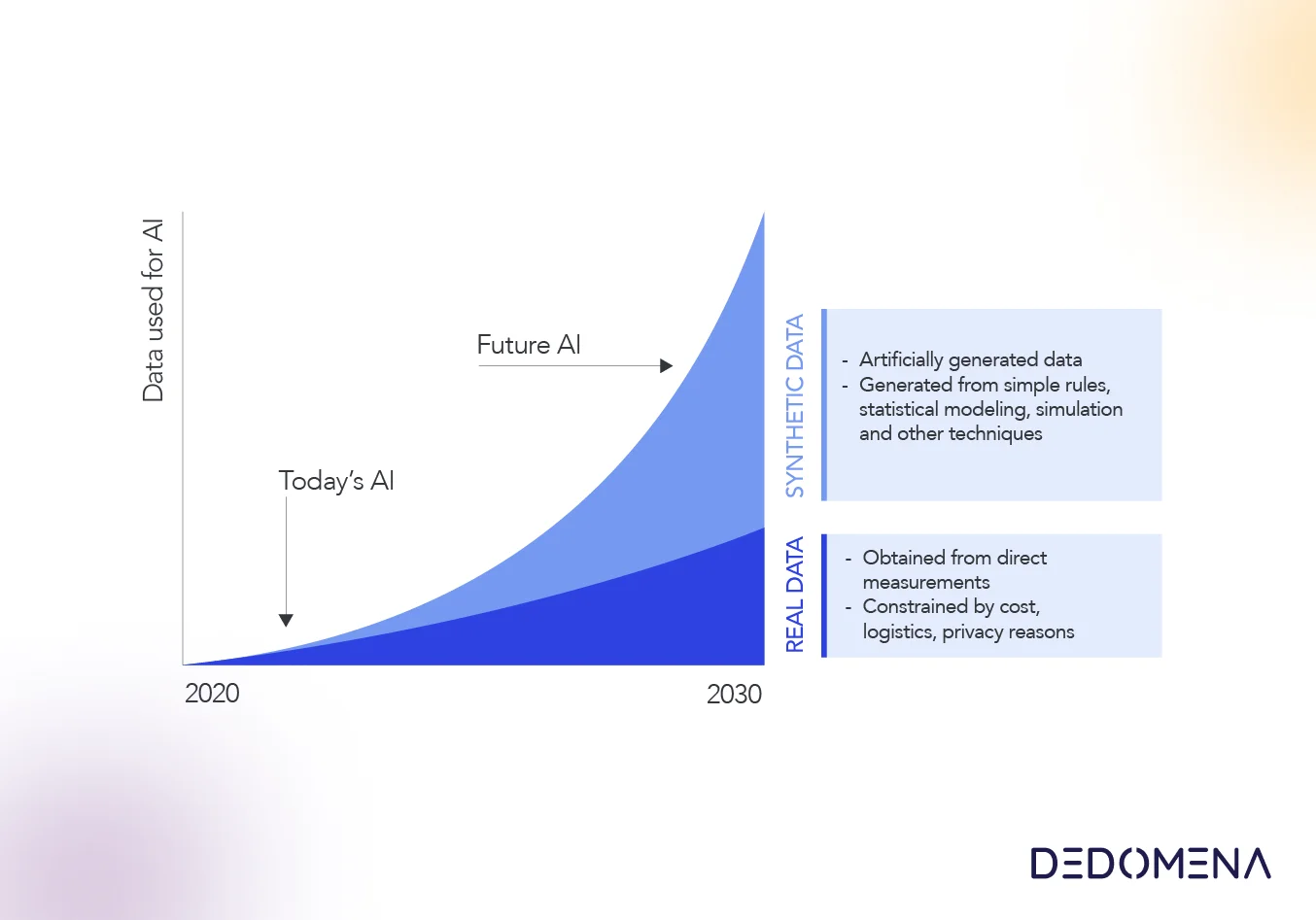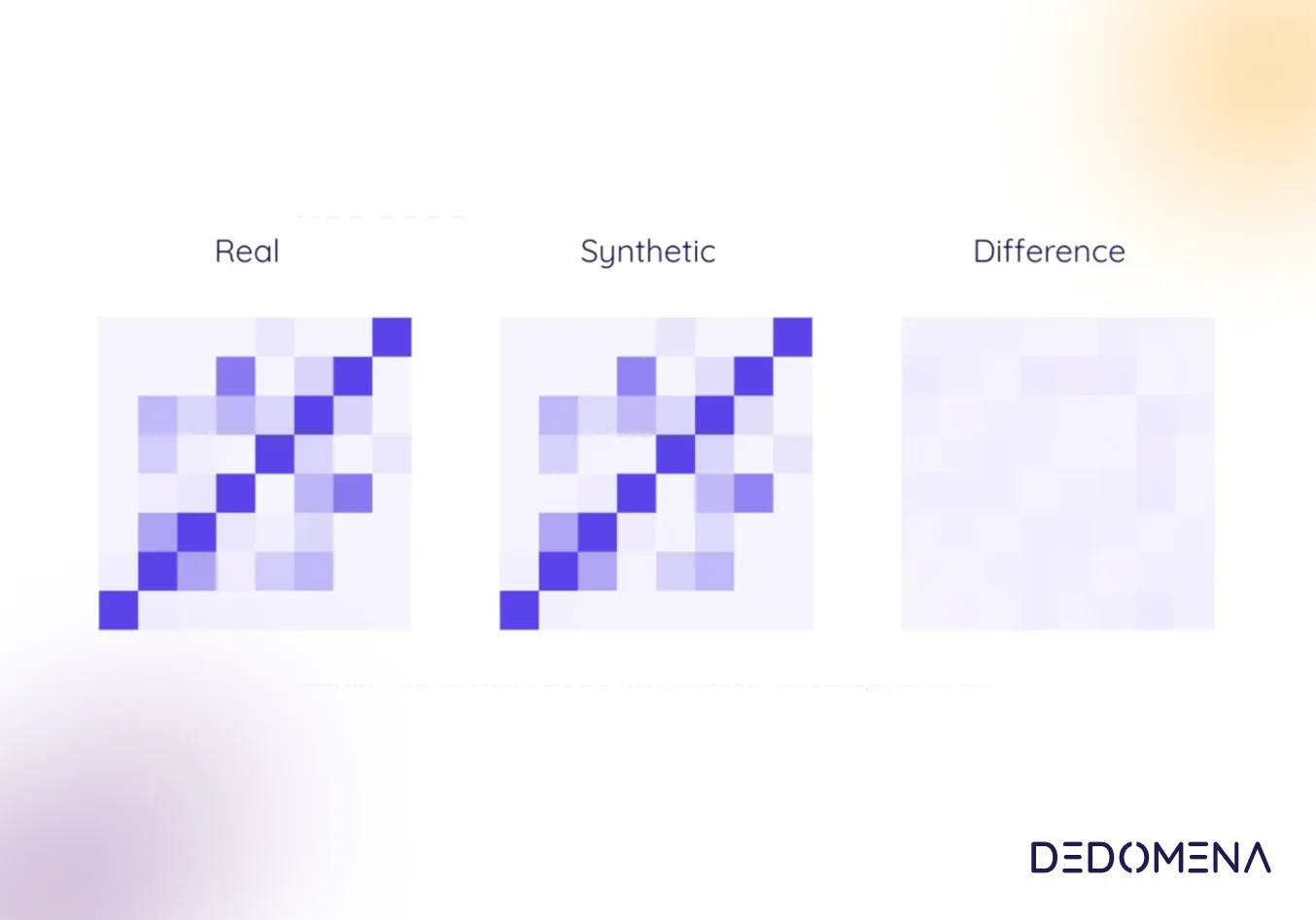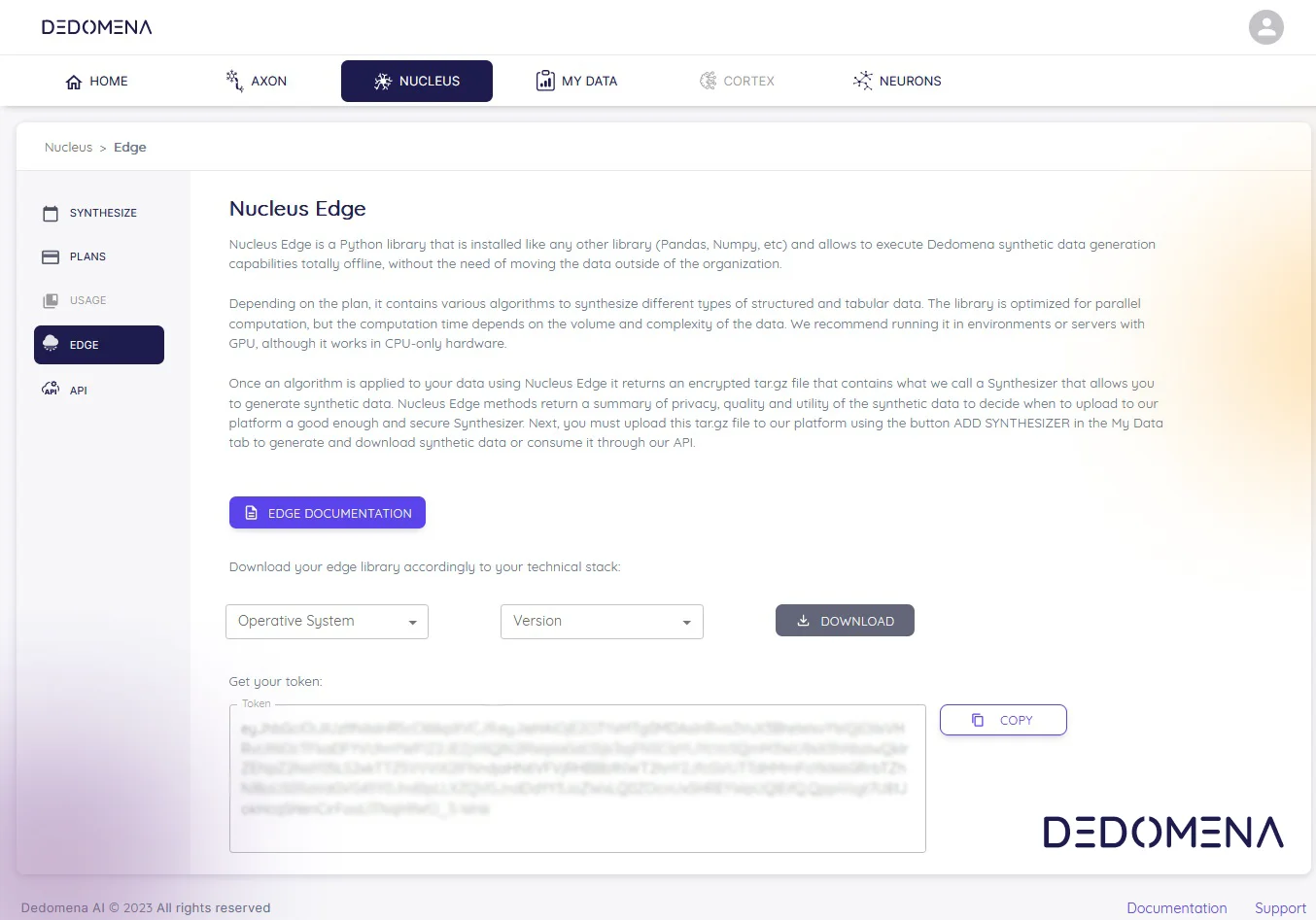Today, companies often treat data privacy as a risk management issue, resulting in platforms, processes and products that are cumbersome to implement, yield ineffective results and create significant friction in development velocity. This approach is fundamentally reactive, focusing on minimizing potential damage rather than proactively fostering an environment where privacy is seamlessly integrated into every aspect of data handling and processing.
Development teams are often forced to navigate through a labyrinth of compliance checks and security measures that are not only time-consuming but also detract from the core objective of creating user-centric, high-quality products.
These challenges and vision are deeply interconnected, and the absence of flexible solutions prevents developers from seamlessly incorporating data privacy into their workflows and services. This gap hinders the adoption of a "privacy-by-design" approach.
European Commission defines Privacy by Design:“Companies/organisations are encouraged to implement technical and organisational measures, at the earliest stages of the design of the processing operations, in such a way that safeguards privacy and data protection principles right from the start (‘data protection by design’). By default, companies/organisations should ensure that personal data is processed with the highest privacy protection.”1
In response to these challenges and their relation to regulations that set precise limits on data protection today, Privacy by Design results in a framework that promotes the integration of privacy into the development and operation of IT systems, networked infrastructure, and business practices. Privacy becomes an essential component of the core functionality being delivered.
Core principles of privacy by design
Proactive, not reactive; preventative, not remedial: privacy by design anticipates and prevents privacy-invasive events before they happen.
Privacy as the default setting: personal data should be automatically protected in any IT system or business practice.
End-to-End security and full lifecycle protection: privacy by design ensures that all data is securely retained and then securely destroyed at the end of its lifecycle.
Respect for user privacy: privacy by design requires architects and operators to keep the interests of the individual uppermost by offering such measures as strong privacy defaults, appropriate notice, and user-friendly options.
Enhancing Privacy by Design with synthetic data and AI
At Dedomena, we are trying to open new opportunities of progress across various industries by providing tools that are flexible, secure, and easy to deploy to support data-driven developers and projects.
Our platform and its tools provide high-quality results through data operations, including labeling and classification, transformation and anonymization, and synthetic data generation.
In our experience it is imminent that synthetic data can be less biased and more accurate for training AI models than real-world data. Additionally, always-on privacy filters designed to defend against known privacy attacks, enables teams to collaborate more efficiently and freely with data.
Synthetic data significantly contributes to Privacy by Design in several ways:
Data anonymization: Synthetic data replicates the statistical properties of real data without containing any actual personal information. This ensures that privacy is preserved by default, mitigating the risk of re-identification.
Enhanced security: By using synthetic data, organizations can minimize the exposure of sensitive information. This reduces the risk of data breaches and unauthorized access, thereby enhancing overall data security.
Regulatory compliance: Synthetic data helps companies comply with data protection regulations like GDPR and CCPA. It allows for safe data sharing and analysis without violating privacy laws, thus supporting a proactive compliance strategy.
Improved data utility: Unlike traditional anonymization techniques that often degrade data quality, synthetic data maintains the utility and accuracy required for effective analysis and machine learning, facilitating high-quality insights while preserving privacy.
Fostering innovation: Synthetic data enables the development and testing of new products and services in a privacy-preserving manner. This promotes innovation by allowing companies to experiment and iterate without compromising user privacy.
Facilitating collaboration: By generating synthetic datasets, organizations can collaborate more freely with partners, researchers, and third parties. This expands opportunities for innovation and research while ensuring that privacy is not compromised.
Dedomena provides companies with the right tools to transform how privacy is integrated into engineering and data workflows. With our platform´s solutions businesses can seamlessly embed privacy measures from the inception of their projects, ensuring compliance with stringent data protection regulations. Our tools are designed to support a wide range of applications, from improving machine learning models to enabling secure data sharing and collaboration.
Additionally, our platform's transformation and anonymization features ensure that personal information is protected at every stage of the data lifecycle. Whether it’s for research, testing, or production, Dedomena equips developers with the capabilities to safeguard privacy without compromising the quality or integrity of their data.
Embracing a privacy-by-design approach, Dedomena empowers organizations to build trust with their customers and stakeholders, fostering a culture of privacy that underpins all their data-driven initiatives. As a result, businesses can drive innovation, improve compliance, and reduce the risk of data breaches, all while maintaining the highest standards of data privacy and security.

















































